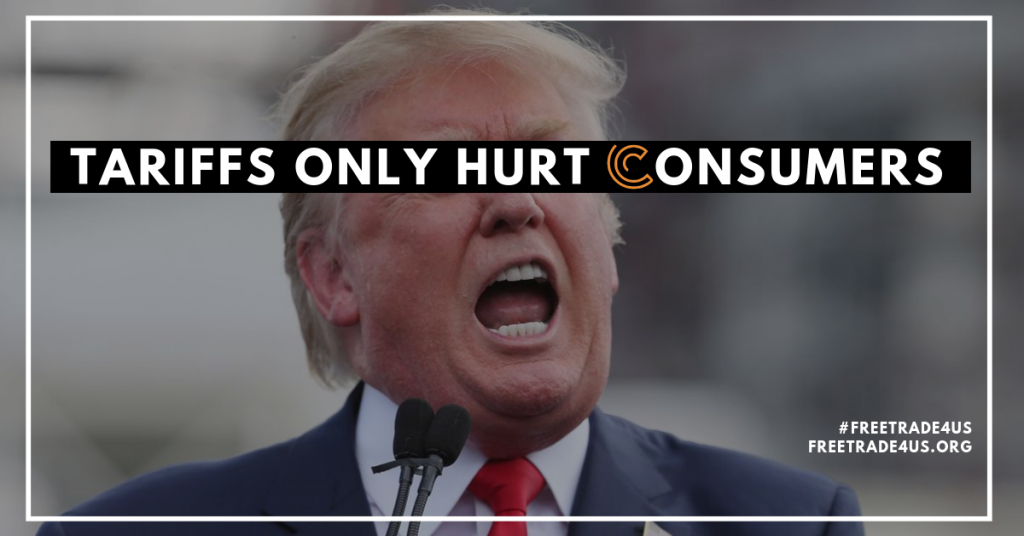This week, President Donald Trump took to Twitter to denounce several articles in the Des Moines Register as Chinese “propaganda ads” because of the facts presented on trade and tariffs.
Included was an article written by the Consumer Choice Center that revealed the impact of tariffs on communities in North and South Carolina, which could affect up to 150,000 jobs in the chemicals, transportation equipment, and machinery industries that rely on exports, more than 36 percent of them in the Charlotte area.
“There is no Chinese conspiracy on trade. The real conspiracy is against the American people, who suffer when tariffs are enacted and goods are made more expensive,” said Yaël Ossowski, deputy director of the Consumer Choice Center, a consumer advocacy group located in Washington, D.C.
“The fact that the president would characterize factual analysis on the impact on workers and consumers as ‘Chinese propaganda’ reveals that this trade war has not been thought out. Ordinary men and women across America have to pay higher prices for products when tariffs are enacted in order to offset the imposed taxes. Tariffs are taxes, plain and simple.
“Pointing out the economic lunacy of enacting a trade war that will impact small and medium-sized businesses across the country, including the employees in those firms and at firms that rely on them, is vital and necessary, and the Consumer Choice Center will never cease from doing so,” said Ossowski.
“That’s why we launched the #freetrade4us campaign, and why we are seeing such great response from the consumers we represent who have already signed our petition for more free trade, not less.
“We hope the president reverses his policies on trade and tariffs and allows American businesses and consumers to enjoy low prices and free trade that can make everyone more prosperous.”
Yaël Ossowski



